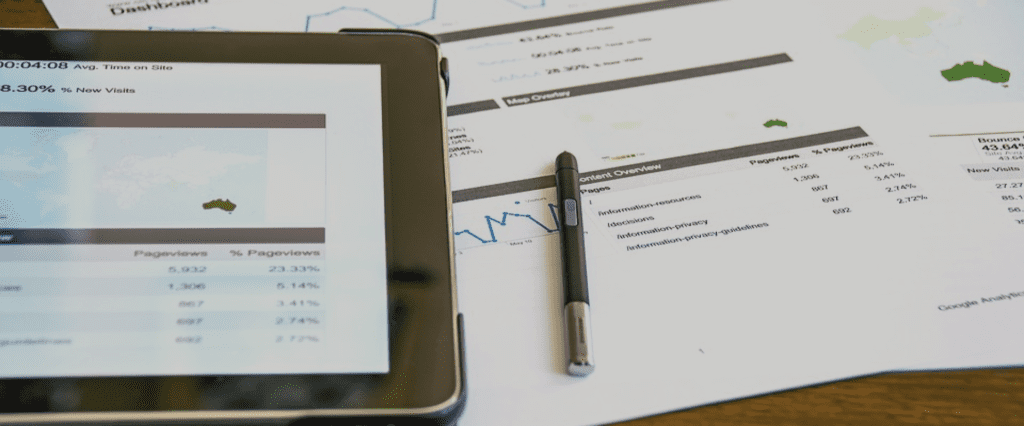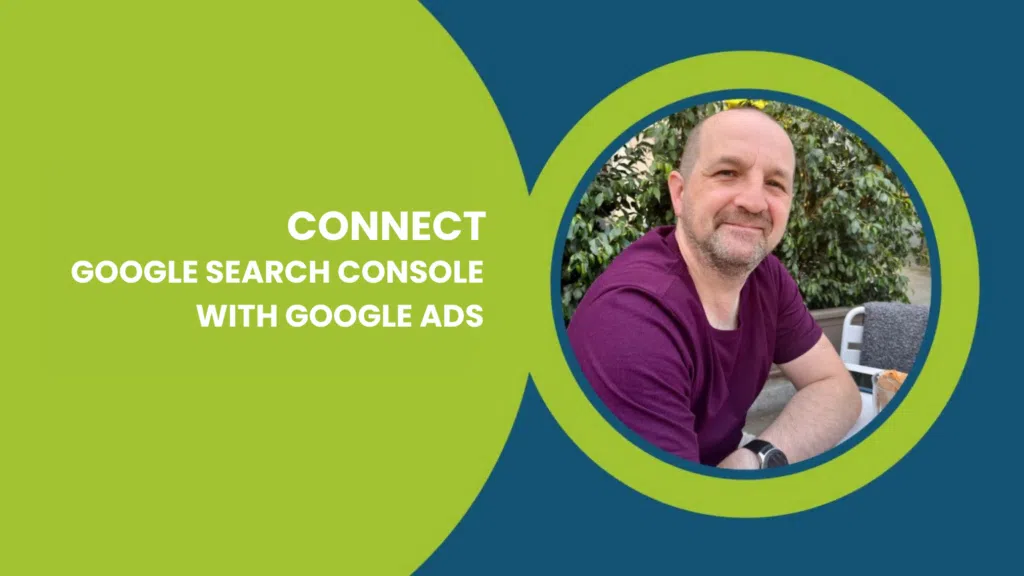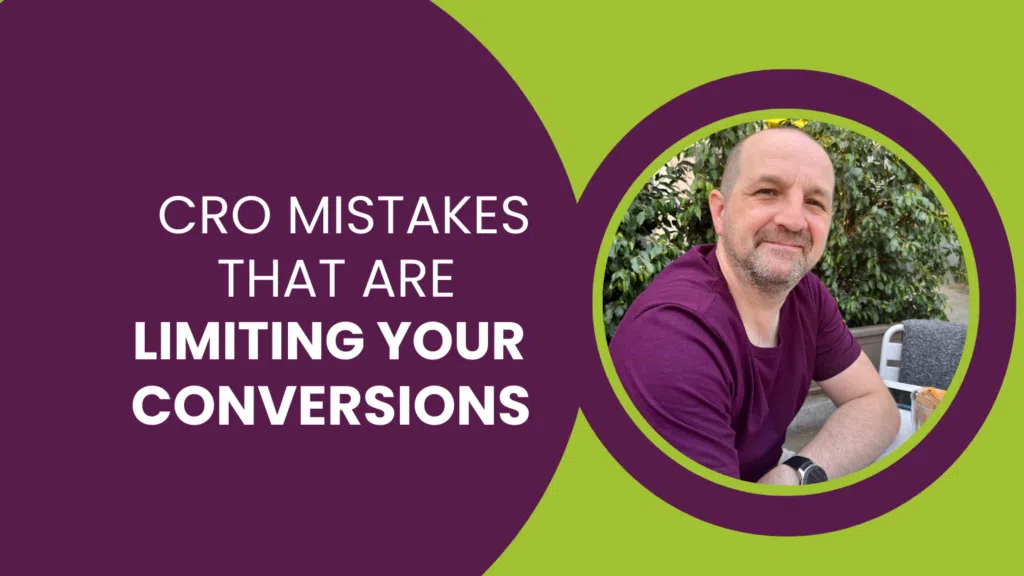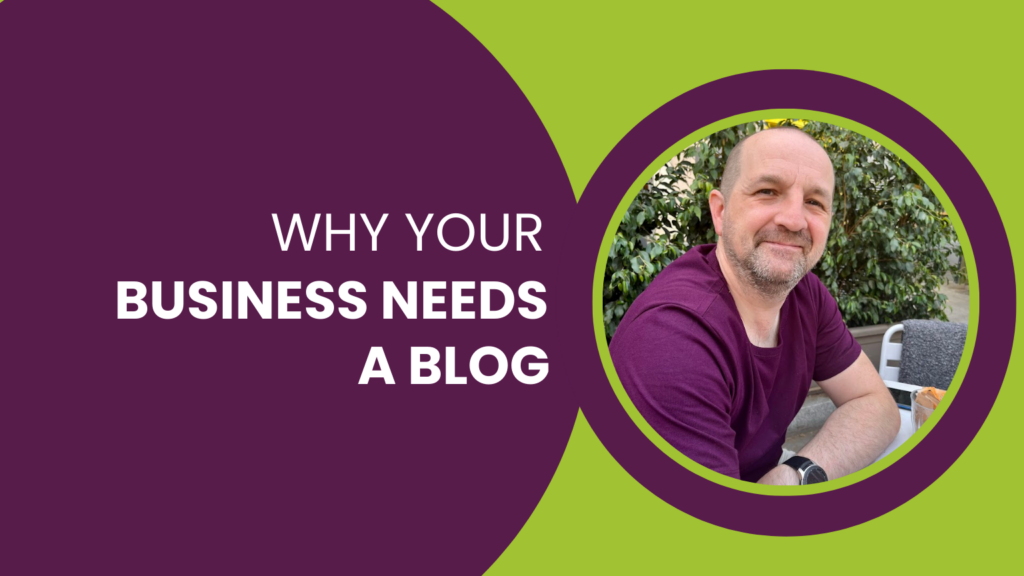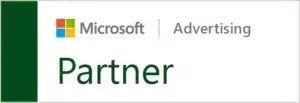“AdWords does not work”. A statement I hear occasionally from businesses that have tried and failed to make AdWords profitable for their business.
No. It doesn’t work for every business or every product, but those are the exceptions rather than the rule.
What AdWords Success Looks Like
Almost all advertisers’ goals are more leads or sales (conversions) at the lowest cost per conversion possible. Every 1% you can save on the Cost per Conversion (CPA) is 1% more you can spend on more traffic and more sales or leads, right?
The CPA is the magic number, the single most important statistic in any AdWords campaign. Believe me, we’ve managed hundreds of successful AdWords campaigns and some that failed too. Here’s why:
What AdWords Search is For
Talking specifically about AdWords Search Ads rather than AdWords Display Ads, it is fantastic for delivering motivated, very specific buyers to your website, at the very point they’re looking to buy.
Now, there are plenty of ways to screw up your AdWords Search campaign and waste money buying traffic from locations that will never convert, or traffic on search terms that aren’t relevant.
For this post, let’s assume that your AdWords campaign is as close to perfect as you can get it. Every click is for very specific, highly motivated search terms (keywords), that your ads are in the top three positions and that you’ve a 100% impression share.
As an example, let’s say you’re a personal injury lawyer generating leads online, bidding on keywords like, “brain injury compensation”. This searcher knows their problem and their solution – they’re ready to pick a supplier.
That search is about as good as you can expect in this market in terms of implied conversion rate. It should convert at a pretty high rate.
Let’s make some further assumptions:
- The average cost per click is £20 (this is a tough market – I’ve seen much higher than this).
- The user is on a desktop rather than mobile (users tend to be more ready to convert on desktop rather than mobile, but that’s changing fast).
- The implied conversion rate, or typical, for this search term is 5%.
The implied CPA is therefore £400 (don’t feel bad about this big, scary CPA, the potential revenue is worth it in the space, which is why the Cost per Click is so high).
How To Improve the AdWords Cost
Here’s where many advertisers end with, “AdWords doesn’t work”. A £400 CPA isn’t profitable (or maybe isn’t profitable enough – we all want a lower cost per lead/sale, right?).
And this is the kicker. Getting that AdWords Cost per Conversion lower, assuming your campaign is perfect, can’t be done with AdWords alone.
That’s right. AdWords delivers “leads” to your website. It’s the job of your website, your landing pages, your price or reputation to convert that click in to an enquiry or a sale.
Let’s start at the top of the funnel;
Brand Equity Converts More Clicks
Using the same example, what if our solicitor also spoke publicly about brain injuries, had a great PR campaign and was frequently in the press celebrating victories in court? What if our solicitor had posters up in every brain surgery hospital? What if this firm of solicitors had a national radio or TV ad campaign? And of course, let’s assume that they’re part of the conversation on social media and in online forums answering questions and proving their credibility in this space.
I’m not suggesting that every brand needs every one of these strategies, of course. However, the searcher is more likely to know the brand and have even a little more trust in that brand. We trust what were familiar with.
Those other marketing strategies earlier in the funnel help to create great brand equity, which delivers a higher conversion rate from those same clicks on the same search terms.
Let’s assume our solicitor has really strong brand equity. That could realistically increase the conversion rate from the implied 5% to 7.5%. That’s a 50% improvement! The £400 CPA is reduced to £267 and we’re getting 50% more leads for the same budget.
Pretty great, right? But AdWords didn’t change. We paid the same average click price, had the same ad copy and ad positions, the same impression share. Everything else remained the same except that with a stronger brand, we converted more clicks into enquiries.
User Experience
What happens after the click is as important, some would argue more important, than what happens before it.
One thing is certainly true, no matter how much brand equity you’ve created. No matter how relevant and motivated the searcher is, a poor experience on your website will kill that implied conversion rate – a really poor user experience could mean 0%. You’ll waste every penny.
And AdWords won’t work.
But that’s not fair. Remember that AdWords’ job is to deliver “leads” to your website and your website’s job is to convert that lead in to an enquiry or a sale.
Blaming a screwdriver for being a bad hammer sounds ridiculous, but that’s just what you’re doing if you blame AdWords for poor conversions. I’m not saying it’s never AdWords – I’ve seen enough shockingly poor campaigns built by AdWords Management agencies to know that’s often, unfortunately true.
Conversion Rate Optimisation
To achieve the highest conversion rates and therefore the lowest CPA, you must invest in Conversion Rate Optimisation.
Key Points That Will Affect Conversion Rates on Your Site
- Not having a responsive design that suits mobile and tablet device users as well as desktop
- Poor page load times (studies claim that for every second added to load times, the conversion rate drops around 5%)
- Irrelevant content
- Poor sales copy
- Poor images or no images at all
- Poor design
- Poor navigation
- Obscure or missing Call to Action
- Price, delivery charges and availability (if it’s an eCommerce store)
Landing Page Experiments
Once you’ve worked hard to make sure that none of those issues above are issues on your site or landing page, only when you’re sure you’ve a site and a landing page that should convert, only then should you begin investing in a Landing Page Experiment or an A/B test.
There are plenty of tools available to implement this and it’s also provided for free in Google Analytics.
The purpose of the landing page experiment is to test one or more variations of your landing page, using different content, layout, text or images to see which consistently produces the highest conversion rate – the higher the conversion rate, the lower the CPA and the more leads and sales you’ll generate for your budget.
Optimising the User Experience on your site and investing in landing page experiments often produces between 25% and 100% improvement in conversion rate. A User Experience Audit will identify opportunities to make those improvements to your site and the conversion rate.
Again, nothing changed in AdWords. The keywords are the same, the ad copy and ad positions didn’t change and our impression share remained at 100%. Even our cost per click remained constant.
How Much Did We Save On Our CPA?
- Our implied CPA was 5% using £20 per click – £400
- Assuming a reasonable success with Conversion Rate Optimisation, a 50% increase in landing page performance would deliver a 7.5% conversion rate
- A 7.5% conversion rate at £20 per click is £267
What About Brand Equity?
Assuming your AdWords campaign remain constant and you invested in building your brand and creating brand equity AND invested in conversion rate optimisation, you’d multiply the two together (not add!).
5% conversion rate x 50% brand equity x 50% conversion rate optimisation = 11.25% conversion rate.
Congratulations. We just reduced your CPA from £400 to £178 and increased your leads by 124%.
And we didn’t change your AdWords campaign or spend any more budget on clicks.
AdWords Isn’t Always The Culprit
AdWords is often the point of failure, but not always. There are a hundred ways to improve the quality of the traffic, to increase CTR and to get more traffic to your site. There are many AdWords optimisation techniques to improve the implied conversion rate and therefore to improve the cost per conversion.
If you want to rock AdWords though. If you really, really want to profit from AdWords, quit blaming your campaigns for poor CPA and invest in your brand and in conversion rate optimisation. Some AdWords training could be a great option too!
Do you have any other questions about this Blog, or need help optimising your Google Ads campaigns? Get in touch with one of our Pay Per Click Specialists below.Speak with a SpecialistLearn Adwords With a Pro

